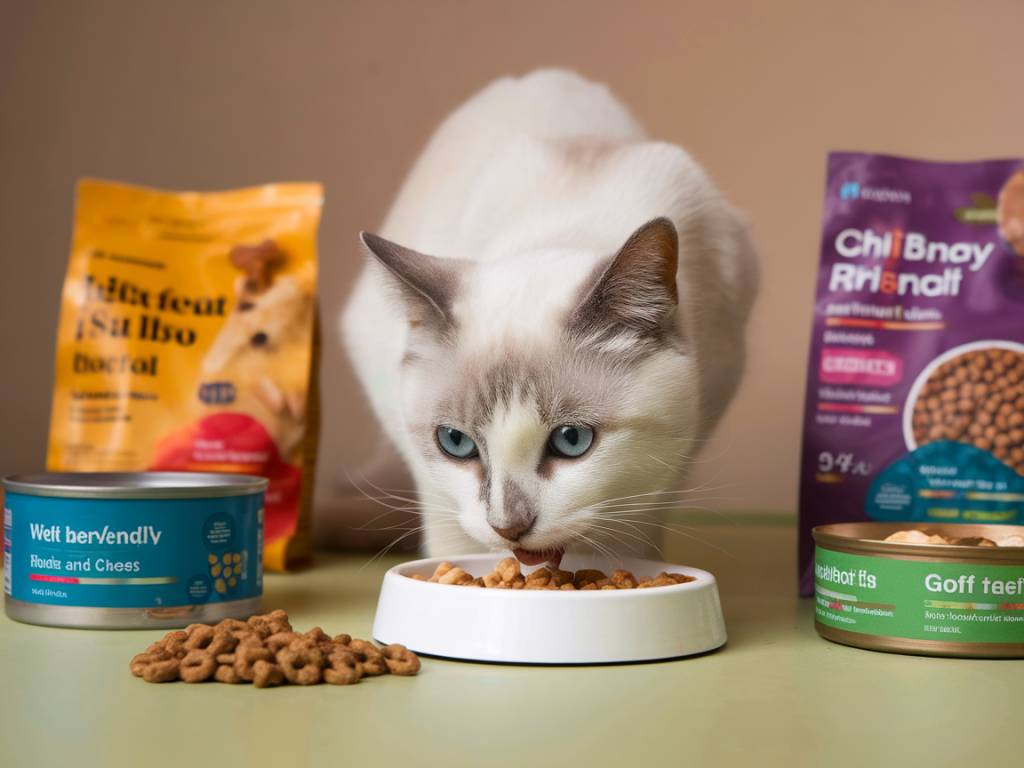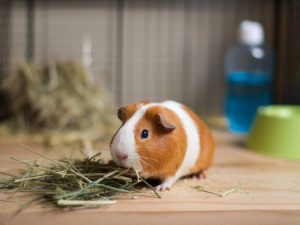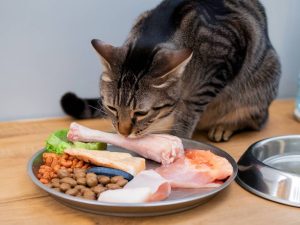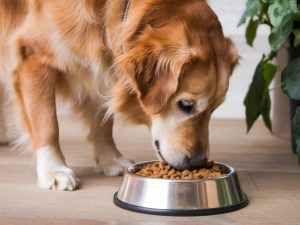how to transition your senior cat to a kidney-friendly diet

how to transition your senior cat to a kidney-friendly diet
Understanding Your Senior Cat’s Kidney Health
As cats age, their risk of developing kidney disease increases. It’s a condition where the kidneys gradually lose their ability to filter waste products from the blood effectively. This can lead to toxin buildup, electrolyte imbalances, and other health issues. Transitioning your senior cat to a kidney-friendly diet is one of the most effective ways to manage this condition and improve their quality of life.
The primary goals of a kidney-friendly diet are to reduce the workload on the kidneys, control phosphorus levels, and provide adequate hydration. These diets often have lower protein levels, controlled phosphorus, and increased omega-3 fatty acids. They are also low in sodium, making them beneficial for maintaining healthy blood pressure levels in cats with compromised kidney function.
Identifying the Signs of Kidney Disease in Cats
Recognizing the early signs of kidney disease can prompt timely dietary changes that may slow the disease’s progression. Here’s what to watch for:
- Increased thirst and urination
- Weight loss and loss of appetite
- Vomiting or diarrhea
- Bad breath and oral ulcers
- Dehydration despite adequate water intake
- Lethargy and weakness
If you notice any of these symptoms, consult your veterinarian immediately. A veterinary professional can conduct tests to evaluate kidney function and recommend dietary adjustments tailored to your cat’s specific needs.
Consulting Your Veterinarian for Dietary Changes
Before making any changes to your cat’s diet, it is crucial to consult with your veterinarian. They can provide insights specific to your pet’s health and recommend the best kidney-friendly diets. Your vet may also suggest supplements or medications that can accompany dietary changes to better support kidney function.
Your vet will likely recommend prescription kidney diets, which are specifically formulated to meet the nutritional needs of cats with CKD (Chronic Kidney Disease). These diets manage phosphorus and sodium levels, provide omega-3 fatty acids, and ensure caloric adequacy.
Types of Kidney-Friendly Diets for Cats
Several commercial cat food brands offer diets specifically formulated for cats with kidney disease. These include:
- Hill’s Prescription Diet k/d: This diet supports kidney function and helps maintain lean muscle mass. It includes controlled phosphorus levels and reduced sodium.
- Royal Canin Renal Support: This option provides various formulas and flavors to cater to a cat’s preference, helping ensure consistent intake.
- Purina Pro Plan Veterinary Diets NF Kidney Function: Formulated to support kidney function with limited phosphorus and high-quality protein.
Each of these options has different flavors and textures. Your cat’s preference is important to ensure they continue to eat well and receive all the necessary nutrients.
Transitioning Your Cat to a New Diet
Changing your cat’s diet should be done gradually to prevent digestive upset and ensure acceptance of the new food. Here’s how to do it:
- Start by mixing a small amount of the new kidney-friendly diet with their regular food.
- Gradually increase the proportion of new food while decreasing the old one over seven to ten days.
- Monitor your cat’s response to the new food. Look for signs of acceptance or any adverse reactions.
Patience is key during this process. Some cats may need more time to adjust than others. Offering the new food when your cat is most hungry can improve the chances of acceptance. Try warming the food slightly to enhance its aroma and appeal.
Providing Adequate Hydration
Dehydration is a common concern in cats with kidney disease. Ensuring your senior cat stays hydrated is crucial. Here are some tips:
- Encourage your cat to drink more water by providing multiple fresh water sources.
- Consider using pet fountains, as cats often prefer moving water.
- Incorporate wet foods into their diet if possible, as they naturally contain more moisture than dry foods.
- Discuss with your vet the possibility of adding water or broth to your cat’s meals.
Monitoring Your Cat’s Health
Regular follow-ups with your veterinarian are essential for monitoring the progression of kidney disease. Your vet will likely conduct periodic blood tests to assess kidney function and adjust dietary or medical interventions as needed.
Observe your cat for any changes in behavior, appetite, or weight. These could indicate the need for an adjustment in their diet or treatment plan. Always keep your vet informed of any concerns you have regarding your cat’s health.
Supplementing with Omega-3 Fatty Acids
Omega-3 fatty acids can be beneficial for cats with kidney disease. They help reduce inflammation and may slow the progression of the disease. These can be found in many prescription kidney diets but are also available as separate supplements.
Discuss with your vet the appropriate type and dosage of omega-3 supplements if you are considering adding them to your cat’s diet. Over-supplementation can lead to unwanted side effects, so professional guidance is crucial.
Adjusting Your Cat’s Lifestyle
In addition to dietary changes, creating a stress-free environment and maintaining regular routines can help improve your cat’s overall well-being. Rituals such as playtime, grooming, and petting can offer comfort and reinforce your bond with your pet.
Provide comfortable sleeping areas and maintain a calm atmosphere at home. Stress can exacerbate symptoms of kidney disease, so minimizing anxiety-inducing situations will help keep your cat’s condition stable.
Final Thoughts
Transitioning your senior cat to a kidney-friendly diet is a significant step towards managing their health condition. With veterinary guidance and thoughtful planning, you can ensure that they receive the best nutrition to support their wellness.
As a loving and attentive pet owner, your efforts can make a profound difference in your cat’s quality of life. Remember, each cat is unique, and what works for one might not work for another. Continue to work closely with your veterinarian to tailor an approach that best suits your feline friend.
Lisa Tissed





